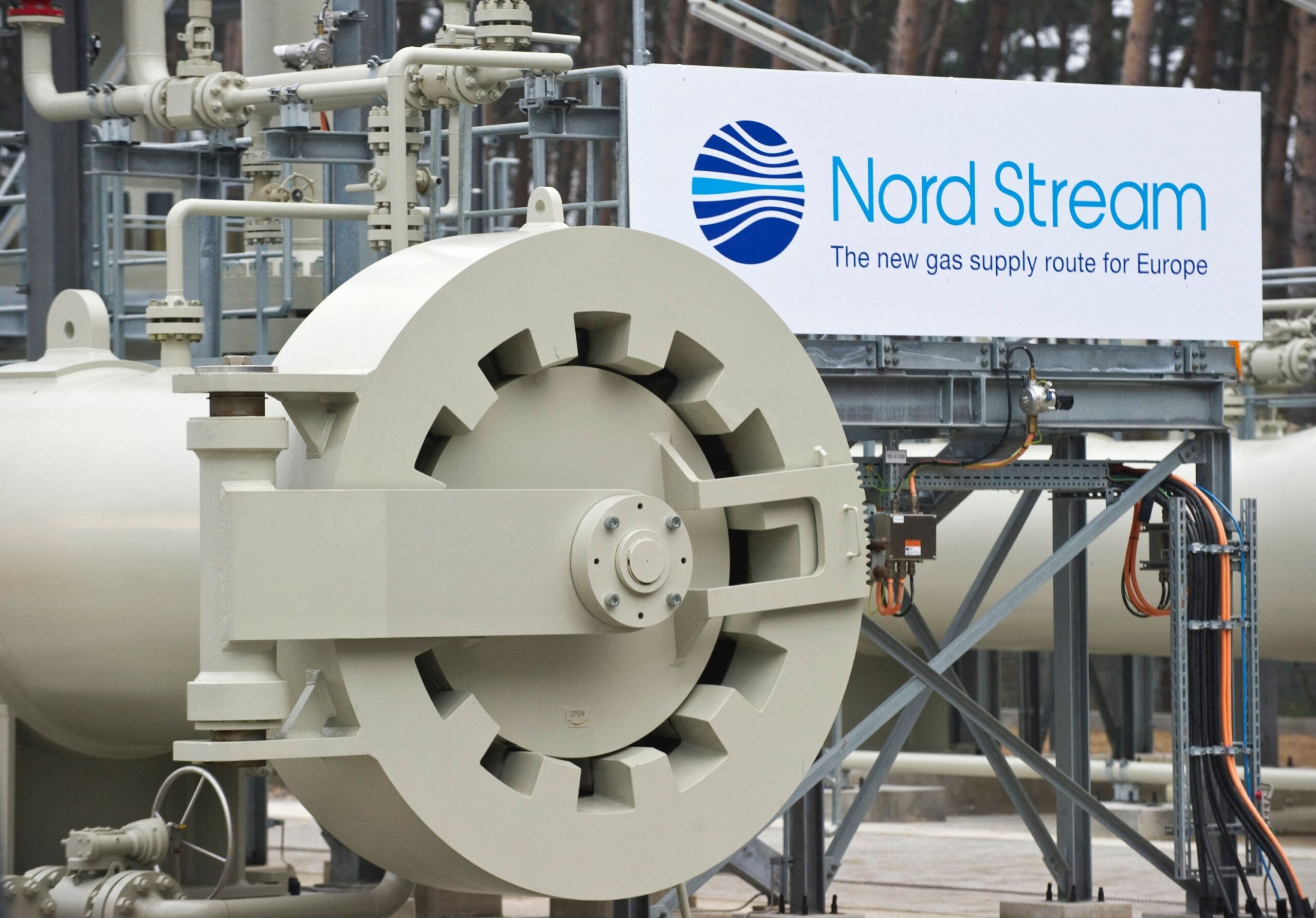Toyota decided not to continue production at its Russian factory because it could not ensure the supply of components.
In March, the automaker halted production in St. Petersburg due to disruptions in the supply chain and stopped importing vehicles to Russia.
“During this time, we have maintained our full workforce and ensured that our plant is ready to resume production when conditions permit,” the statement said.
“After six months, however, we have not been able to resume normal operations, and we see no signs of continuing to do so in the future.”
Toyota said its Moscow operation needs restructuring, but it plans to continue supporting its dealer network to serve existing Toyota and Lexus customers.
“We will provide (staff) … assistance with recruitment, retraining and welfare, including financial support beyond what is required by law,” Toyota said.

Russia’s Kommersant newspaper, which first reported the plans, said the 100,000-year-old Camry and RAV factory would be retained and could be sold in the future.
Russian Ministry of Industry and Trade announced that it is working with regional authorities to develop the site.
Many Russian factories halted production and laid off workers due to a lack of high-tech equipment and an exit of Western manufacturers after Moscow sent armed forces into Ukraine on February 24.
Renault has sold its majority stake in Russian carmaker Avtovaz to a Russian scientific institute, reportedly for one ruble. Luxury automakers such as Jaguar stopped exporting to Russia, and Ford and BMW stopped some production.
In July, Volvo began withdrawing Russia, which accounted for 3% of the group’s turnover last year, after sales, service and production were suspended in February.
Tire manufacturers Michelin and Nokian also plan to withdraw from Russia. Michelin said supply chain issues related to the sanctions made it impossible to do business there.




